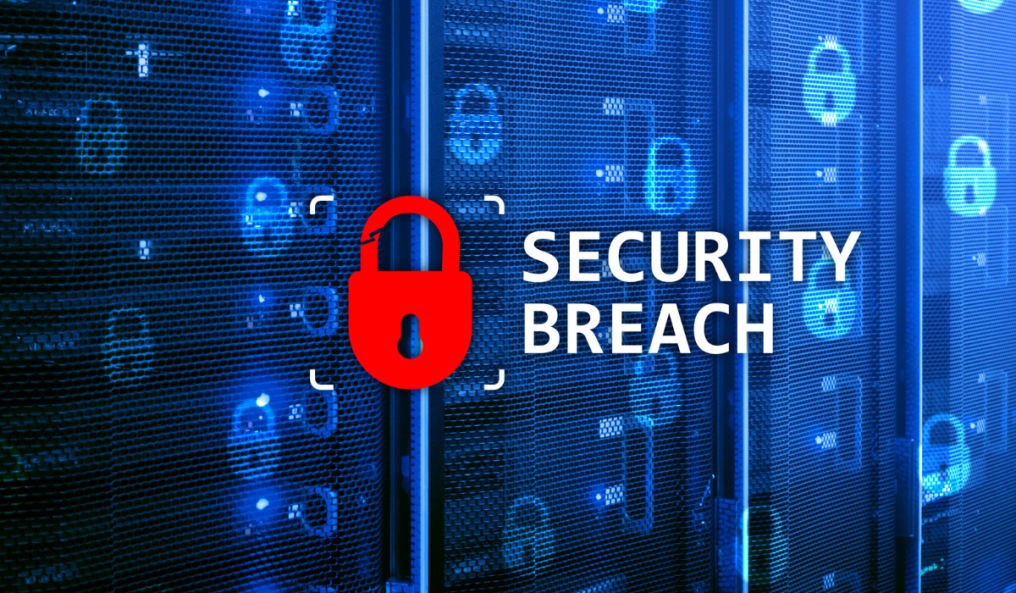When a data breach occurs, it’s an intense, frightening moment. Who you ‘gonna call? Ghostbusters aren’t the ones for this job, so the best way to make the specter of a breach less scary is to have an incident response plan in place; to know what your legal and regulatory requirements are; and to have the contact information that you need close at hand.
While this new series of blogs is not intended to provide legal advice, it is intended to provide you with recommendations for resources that may be useful; to increase awareness regarding notification and reporting requirements; and to provide helpful notification contact information, unique to each state. In each issue, we will present you with contact information regarding a different state in which Alliant National is licensed, and in which you may be its appointed agent. It is up to you to make sure that you know when to use these contacts – either because you are legally required to do so, or because you have optionally decided to provide notification. Lastly, for our legal disclaimers, we’ve made our best efforts to acquire the correct and current contact information, but we can make no guarantees as to its accuracy or that the information will not change over time.
Understanding State Reporting Responsibilities
There are two kinds of laws that impact your reporting responsibilities: (1) state data breach notification laws that generally apply to all entities who “own” data, and (2) insurance data security laws that apply to those who are regulated for doing the business of insurance. A great summary of the state data breach notification laws is published quarterly by the law firm of Foley & Lardner. Another useful resource for tracking both the state data breach notification laws and the insurance data security laws is a tool published by the law firm of Lewis & Brisbois.
Now that we’ve discussed both the general and insurance data breach notification laws, please be aware that sometimes notification requirements derive from other sources, including statutes which are not labeled as Insurance Data Security Laws (or which don’t even fall under the category of such laws), and bulletins issued by insurance regulators.
State data breach notification laws vary from state to state and may have some exemptions which apply to you, but often include the following common components:
- Notification to certain agencies, including state attorneys general and/or consumer reporting agencies under certain circumstances.
- Notification to affected state residents without unreasonable delay.
The variances are quite considerable and include (but are not limited to) how (e.g. by what method) to give notice, permitted delays when a law enforcement agency investigation is pending, timing of the notice, what particular information is required to be provided, and record retention.
Consumer Reporting Agency Notification
For your convenience, when these laws do require notification to Consumer Reporting Agencies, the following information may be helpful to you:
- EQUIFAX
Equifax: Consumer Fraud Division
P.O. Box 740256
Atlanta, GA 30374
SecurityMonitoring@equifax.com - EXPERIAN
Security Assistance
P.O. Box 72
Allen, TX 75013
BusinessRecordsVictimAssistance@experian.com - TRANSUNION
Consumer Relations & Fraud Victim Assistance
P.O. Box 2000
Chester PA 19016
databreach@transunion.com
https://thirdpartyissue.webline.saiglobal.com/
Common Notification Requirements
Insurance Data Security Laws also vary from state to state and may have some exemptions that apply to you (typically based upon the size of the licensee, its year-end total assets, and its gross annual revenue), so, again, be sure to check your state’s specific requirements. However, these laws generally include the following common notification components:
- Notification to the insurance commissioner of the cybersecurity event (usually within three days in most states).
- Notification to affected state residents without unreasonable delay.
- But if you’ve had a breach and determined that notice is not required (according to the state law or other authority), then typically that determination is required to be documented in writing and retained for at least five (5) years.
- Notification (usually within 10 days) to a covered third-party (such as your *title insurance underwriter) when you have determined or believe that a breach occurred.
*(for Alliant National Title, you can contact Elyce Schweitzer, Regulatory Compliance Officer, at eschweitzer@alliantnational.com)
UTAH NOTIFICATION REQUIREMENTS AND CONTACT INFORMATION
| Contact Information Pursuant to State Data Breach Notification Laws |
| Utah Code §§ 13-44-101, et seq., Protection of Personal Information Act. *(Utah Code §§ 13-44-202 is the notification/reporting section). When breach affects ≥ 500 residents, notify: * Utah attorney general: uag@agutah.gov;r Ph: (801) 366-0260. * Utah Cyber Center online data breach report form at https://cybercenter.utah.gov/Report-a-Breach/ When breach affects > 1,000 residents, notify *Consumer Reporting Agencies |
| Contact Information Pursuant to Insurance Data Security Laws (or Pursuant to Other Authority Requiring Notice to Regulator): |
| No Insurance Data Security Law Courtesy Insurance Regulator Contact Information: *Fraud Division of Utah Insurance Department (contact information provided at https://insurance.utah.gov/about-us/directory/fraud-staff), Ph: (801) 468-0233; Fax: (801) 468-0003; email: fraud.uid@utah.gov; and *Title & Escrow commission staff (https://insurance.utah.gov/about-us/directory/tec-staff): Ph: (801) 957-9305; Email: title.uid@utah.gov |



